 On this occasion, the author will refer to the lack of knowledge that exists about air conditioning standards in Latin America and the consequences that this brings.
by Camilo Botero*
On this occasion, the author will refer to the lack of knowledge that exists about air conditioning standards in Latin America and the consequences that this brings.
by Camilo Botero*
For at least 8 years, I have maintained that our air conditioning and refrigeration industry is based on the virtuous circle Training + Standardization + Certification, which begins in any order and interacts unequivocally, producing (when done well), optimal results in the professionals of the guild, equipment, systems and finally in the operation and maintenance of the projects, achieving the proposed design parameters or as they are most recently called: the OPR (Owner Project Requirements) or the Owner Requirements for a specific Project, as defined very clearly in the Commissioning, which is a great support to achieve quality assurance in air conditioning projects.
Sometimes there are facilities in our Latin American region that lead us to think that instead of moving forward, we are going backwards. The almost absolute lack of standards in our countries is one of the causes of many of the failures and in addition to this, some of the engineers and technicians who work in the companies of the guild, do not have sufficient and necessary preparation for lack of a specific training structure in the field of air conditioning, coupled with an almost total absence of certification of professionals and technicians of our guild.
There are honorable exceptions such as in Spain (and here I refer to Ibero-America) where indigenous standards have been developed for air conditioning, with excellent results, as I have been able to verify in Spain with the RITE, which perfectly embraces the conceptual framework given by ISO 50001 in the issues of energy management and environmental care. Brazil has also made an effort (and here I am referring to Latin America), to elaborate its own standards on the subject of air conditioning.
In many of the projects in a bit tragicomic that "a thousand" standards of all kinds are cited and I bring up a recent example of a project, in which they demand that the following rules be complied with, which is practically unfulfillable and just by reading the list (sic) one is already totally confused:
"1. ASTM American Society for Testing and Materials;
2. AWS American Welding Society;
3. ASHRAE American Society of Heating, Refrigeration and Air Conditioning Engineers;
4. NFPA National Fire Protection Association;
5. ANSI American National Standards Institute;
6. RMA Rubber Manufacturers Association;
7. AISI American Iron and Steel Institute;
8. NEMA National Electrical Manufacturers Association;
9. OSHA Health and Safety Administration
10.ISO International Organization for Standardization;
11. DIN Deutsche Institut für Normung."
But it is not specified what are relevant, which version and for what they must be met in specific cases and issues. To measure this example, it is enough to mention that ASHRAE alone has around 200 standards. The citation of standards in air conditioning projects must be the indispensable, precise, that is truly supported by codes or regulations of mandatory compliance and finally that serves for the assurance of the quality of the projects throughout their useful life.
Something sensible is to focus all the discourse on issues of energy efficiency and environmental care, as proposed by the NTC ISO 50001 and the RITE (Regulation of Thermal Installations in Buildings) whose original version is from Spain in 2005, followed by the RITCH which is the Chilean version and recently the RITE for Colombia, which is in the process of approval, but which ACAIRE has already adopted as an BPI. Without forgetting all the regulations that ASHRAE develops with so much wisdom and criteria to succeed, but it is obvious that you must have rules that consult the specificity of each country, according to its climate, legislation, types of construction, energy costs, participation of guilds, etc.
It is necessary to accompany this effort of change towards the immediate future, with great training; we must design specializations and master's degrees in air conditioning and refrigeration in the region. Make an effort to create institutes and/or faculties that specifically teach the academic disciplines and technologies that have to do with our professions.
Latin America and why not Ibero-America, must make a great effort in the elaboration of standards, codes and / or regulations that frame and legislate the exercise of the profession and the air conditioning industry. FAIAR, which is the Ibero-American Federation of Air Conditioning and Refrigeration, should address the issue of standardization and regulation of these disciplines.
I think the situation is even more complicated on the subject of refrigeration, but I am not an expert in this field and therefore I do not delve into it, but when solutions are proposed they must also be made for refrigeration and the cold chain. It is essential to elaborate complete proposals in the three topics reason for this article, to achieve a substantial change in the exercise of our profession and make the projects truly of optimal quality, making rational use of energy and care for the environment.
Finally, in a recent seminar on energy efficiency with the participation of COCME, colombian committee of the World Energy Council, it was emphasized that issues such as energy management, environmental care, climate change, are already priorities for many countries of the world (Colombia among them, without many results is true, but at least the issues are emerging) and issues such as "Negawatios" were highlighted. which are the watts saved, "Maintenance for Efficiency", which I liked because many of the achievements go through that neglected matter of maintenance, and "Energy Poverty".
In July 2013, during the 22nd, 23rd and 24th, in the beautiful city of Cartagena de Indias, the XII CIAR (Ibero-American Congress of Air Conditioning and Refrigeration) will be held in which one of its thematic axes is precisely: Training + Standardization + Certification, for which we have already received excellent presentations and at the end of this thematic axis, we will have, among others, a forum to leave a concrete proposal in these three topics so important for the updating and projection to the future of our industry.
 * Camilo Botero is the current Secretary of the Federation of Ibero-American Associations of Air Conditioning and Refrigeration - FAIAR; he was president of ACAIRE and is president of Camilo Botero Ingenieros Consultores Ltda. He has worked as a teacher in several Colombian universities, guilds and currently in ACAIRE in diploma courses of air conditioning projects, energy efficiency in air conditioning and refrigeration, cogeneration and trigeneration, applied psychometrics, thermodynamics, fluid mechanics, heat transfer and turbomachinery. ([email protected]).
* Camilo Botero is the current Secretary of the Federation of Ibero-American Associations of Air Conditioning and Refrigeration - FAIAR; he was president of ACAIRE and is president of Camilo Botero Ingenieros Consultores Ltda. He has worked as a teacher in several Colombian universities, guilds and currently in ACAIRE in diploma courses of air conditioning projects, energy efficiency in air conditioning and refrigeration, cogeneration and trigeneration, applied psychometrics, thermodynamics, fluid mechanics, heat transfer and turbomachinery. ([email protected]).






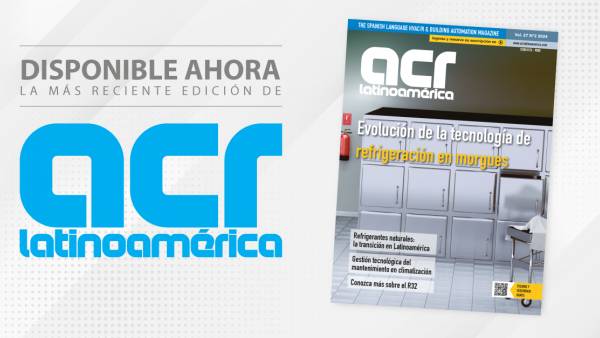
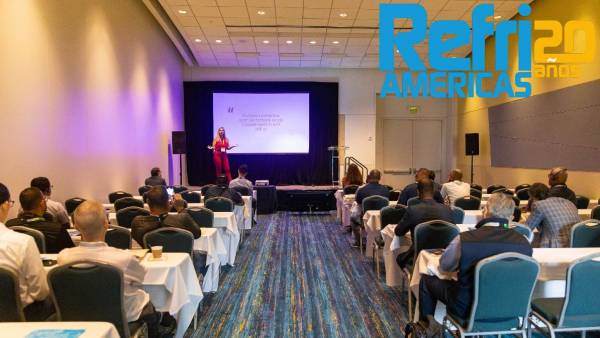



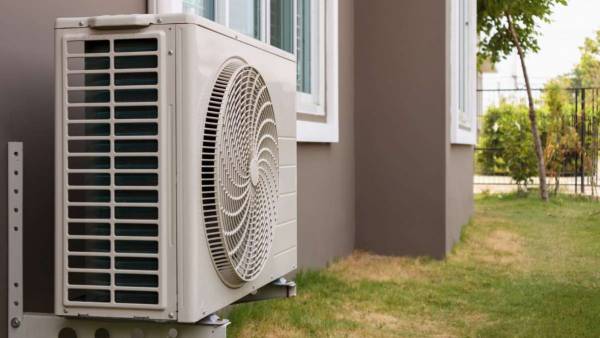
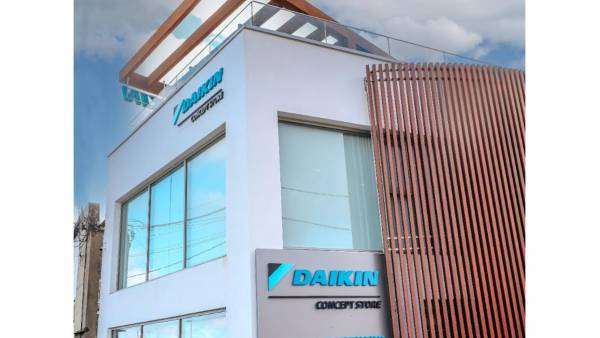
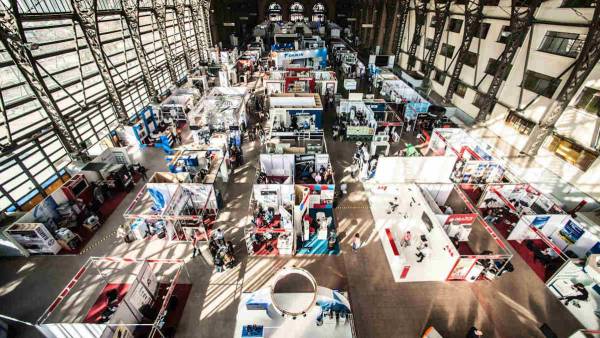










Leave your comment